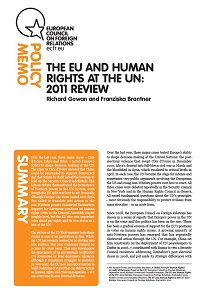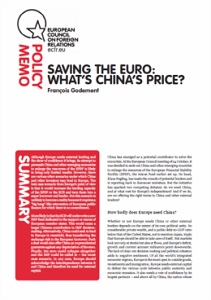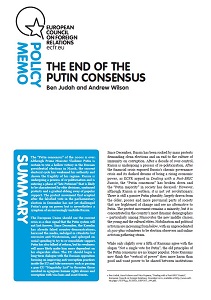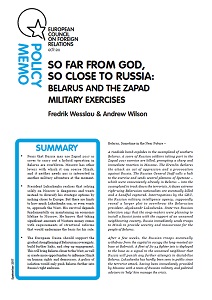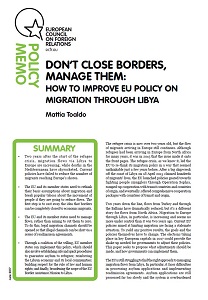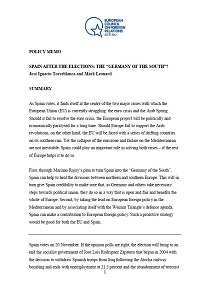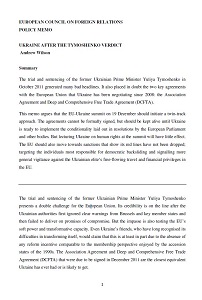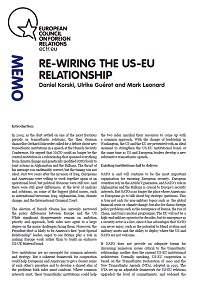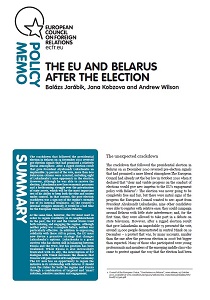
The EU and Belarus after the Election
The EU and Belarus after the Election
Keywords: Belarus and EU;
The crackdown that followed the presidential election in Belarus on 19 December 2010 reversed pre-election signals that had promised a relatively liberal atmosphere. After a rigged election result that gave President Alyaksandr Lukashenka an implausible 79 percent of the vote, more than 600 Belarusian citizens were arrested, including eight of Lukashenka’s nine opponents in the election. However, although he was able to survive the election, Lukashenka now faces economic pressures and a forthcoming struggle over the privatisation of state assets, which will be the most important test of his ability to keep both the elite and society under control. In that context, the post-election crackdown was a sign not of the regime’s strength but of its internal weakness. As the country’s internal struggles intensify, it would be a bad time for the European Union to isolate Belarus. // At the same time, however, the EU must react in order to regain credibility in its neighbourhood. In the past, the EU and the United States tried both isolating and engaging the regime. Although neither policy was a complete failure, neither was particularly effective. In addition to expressing solidarity with those still in prison, the EU must now devise a proactive strategy that changes Lukashenka’s options. Lukashenka is a great survivor who has shown skill in balancing between Russia and the West, but his position has been weakened. While Russia is also increasingly frustrated with its ally, the interruption of EU dialogue with Minsk increases the chances that Moscow will gain control of its neighbour’s economy. The EU now has an opportunity to regain the initiative in its relationship with Belarus. It should raise the stakes for both the regime and Russia through a combination of targeted and ‘smart’ isolation, selective sanctions and engagement.
More...
